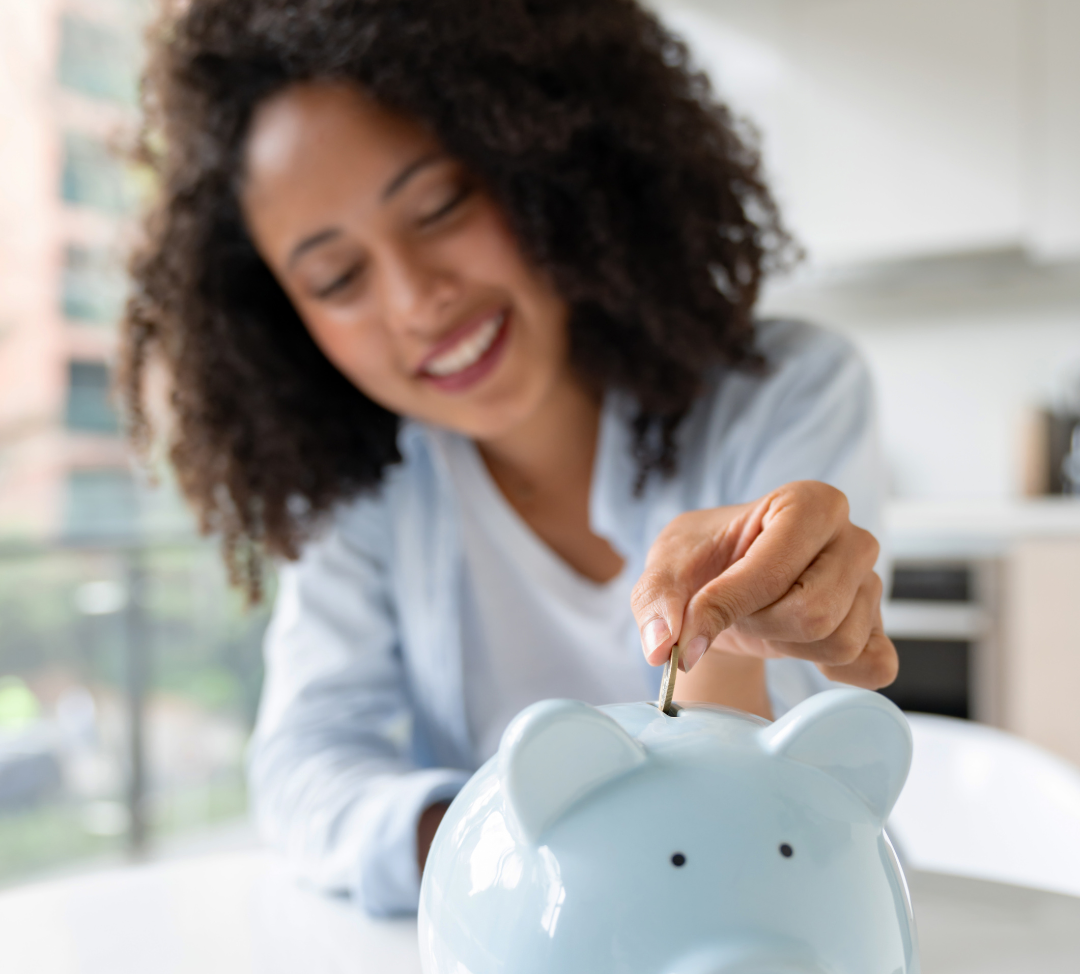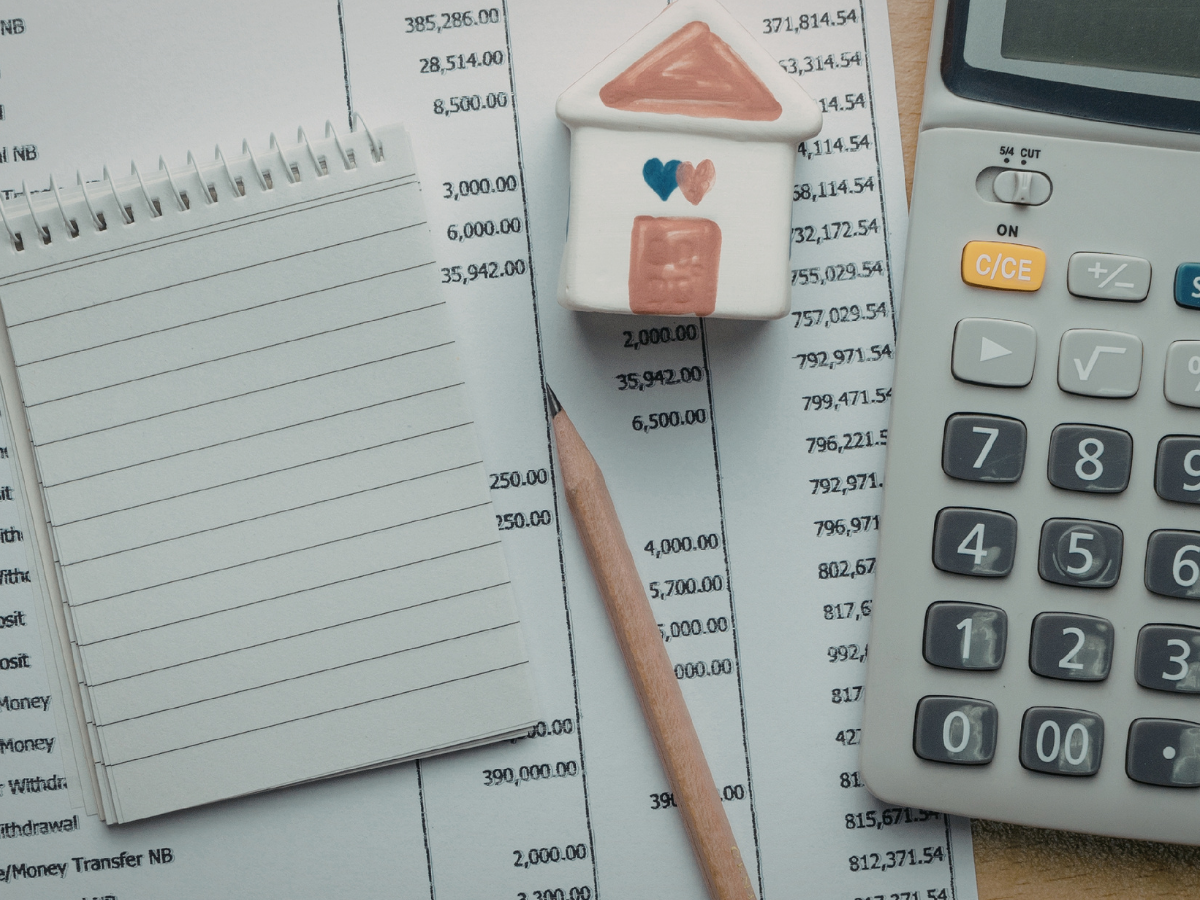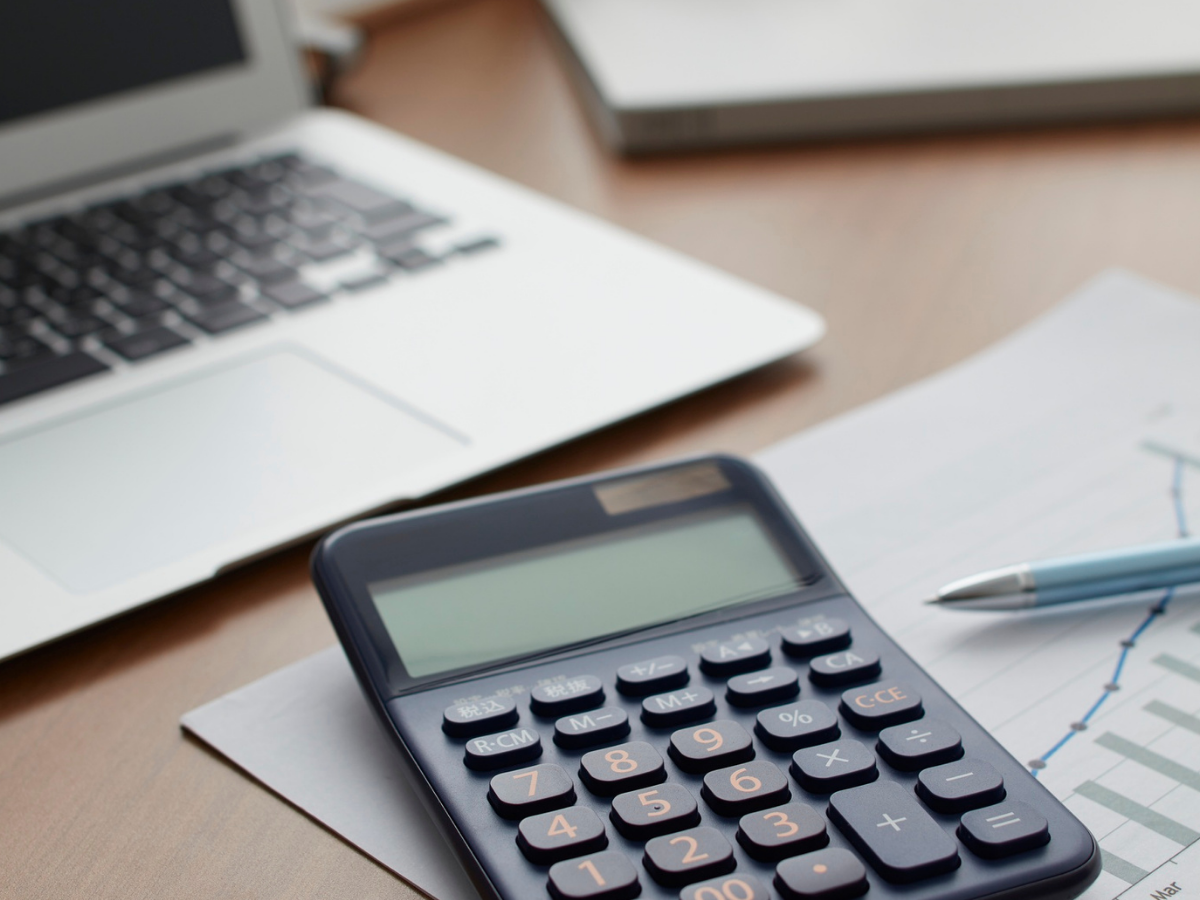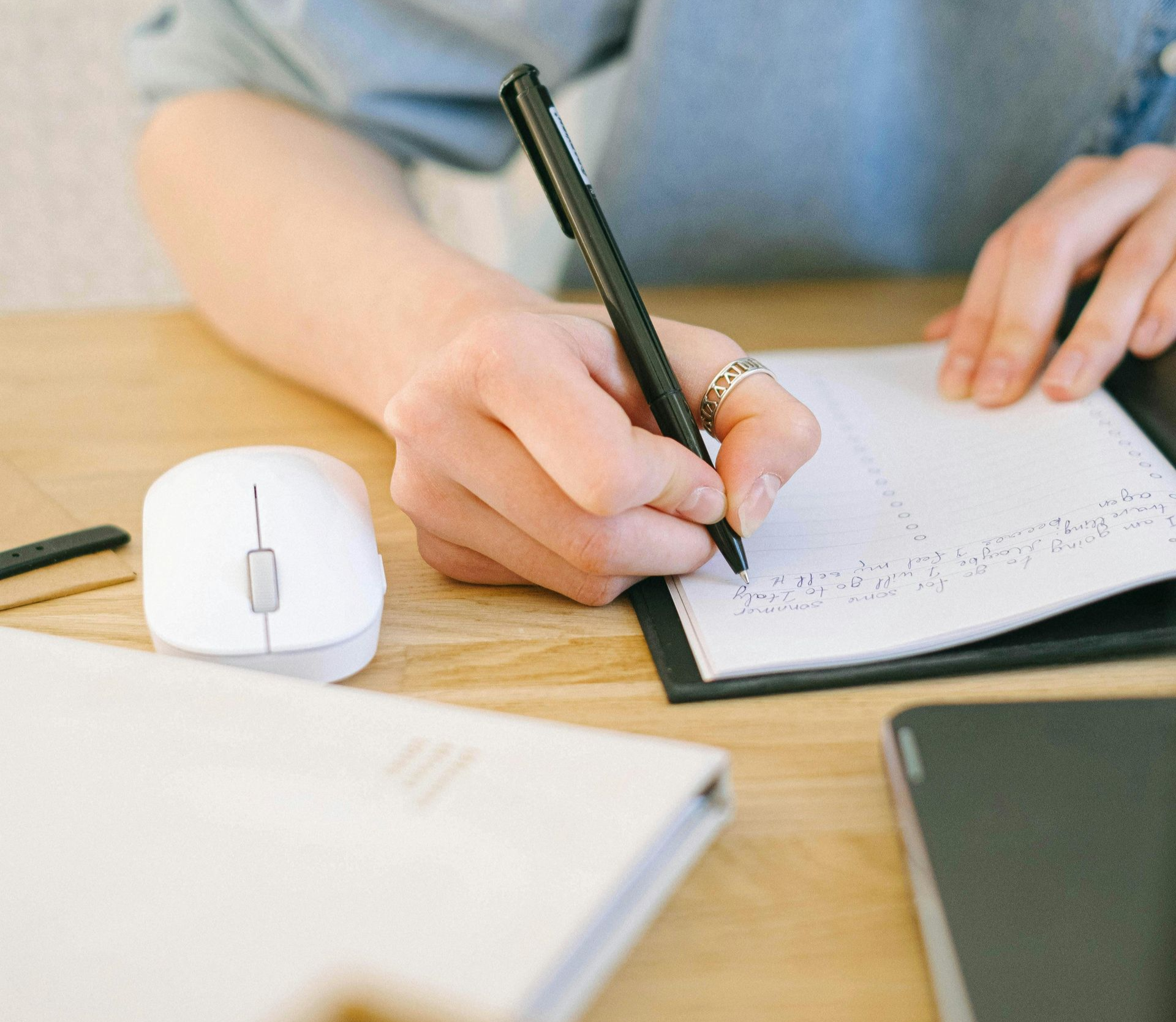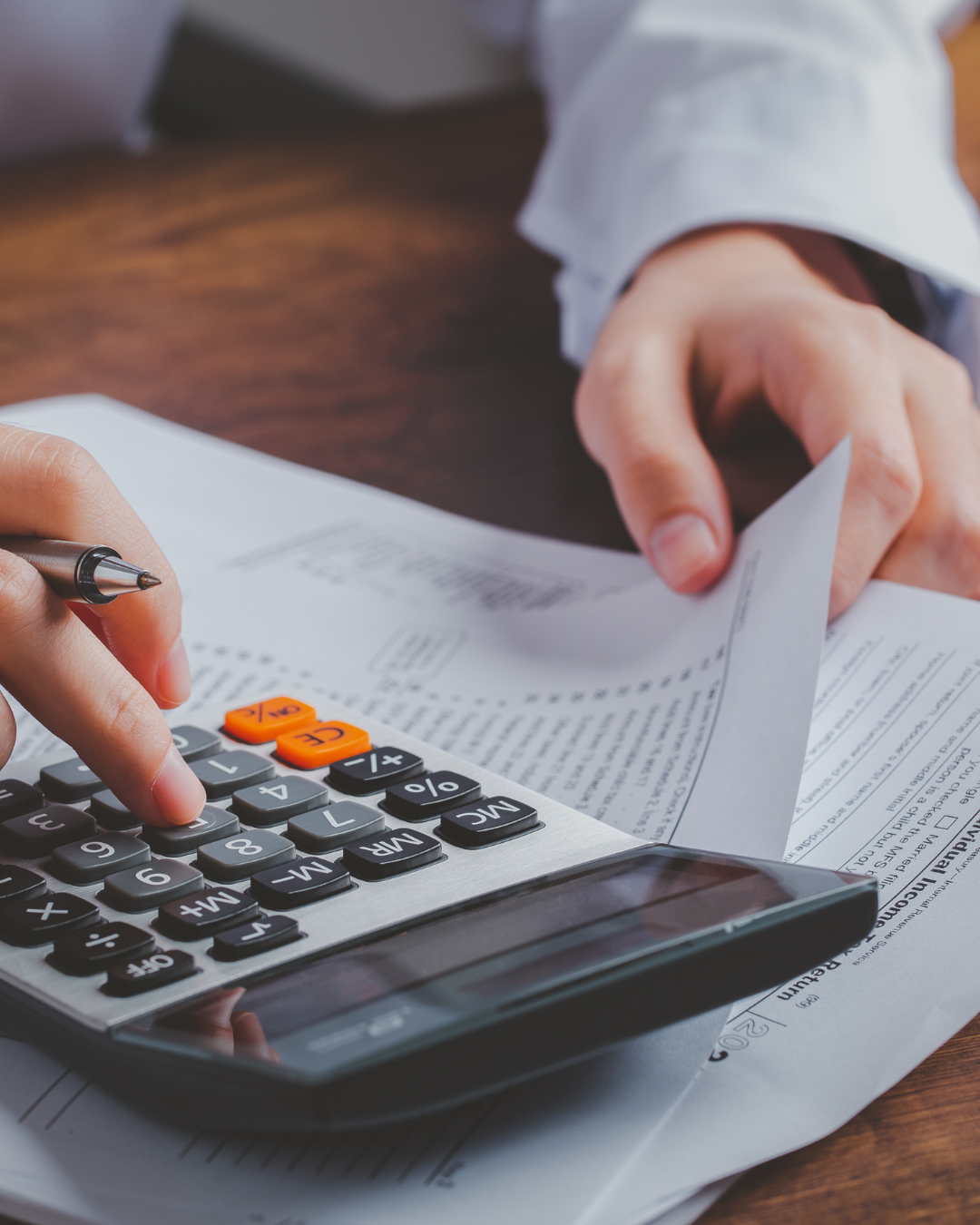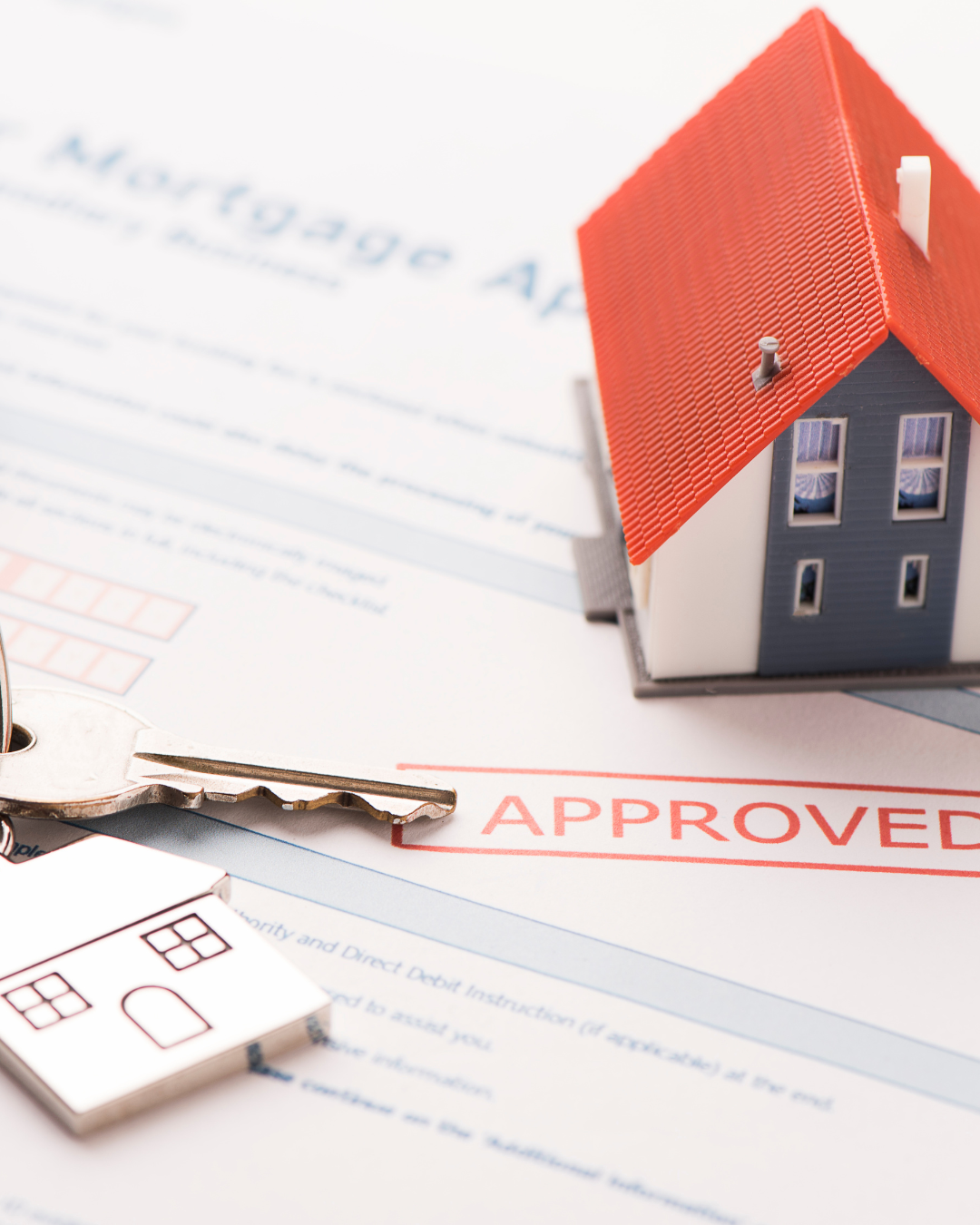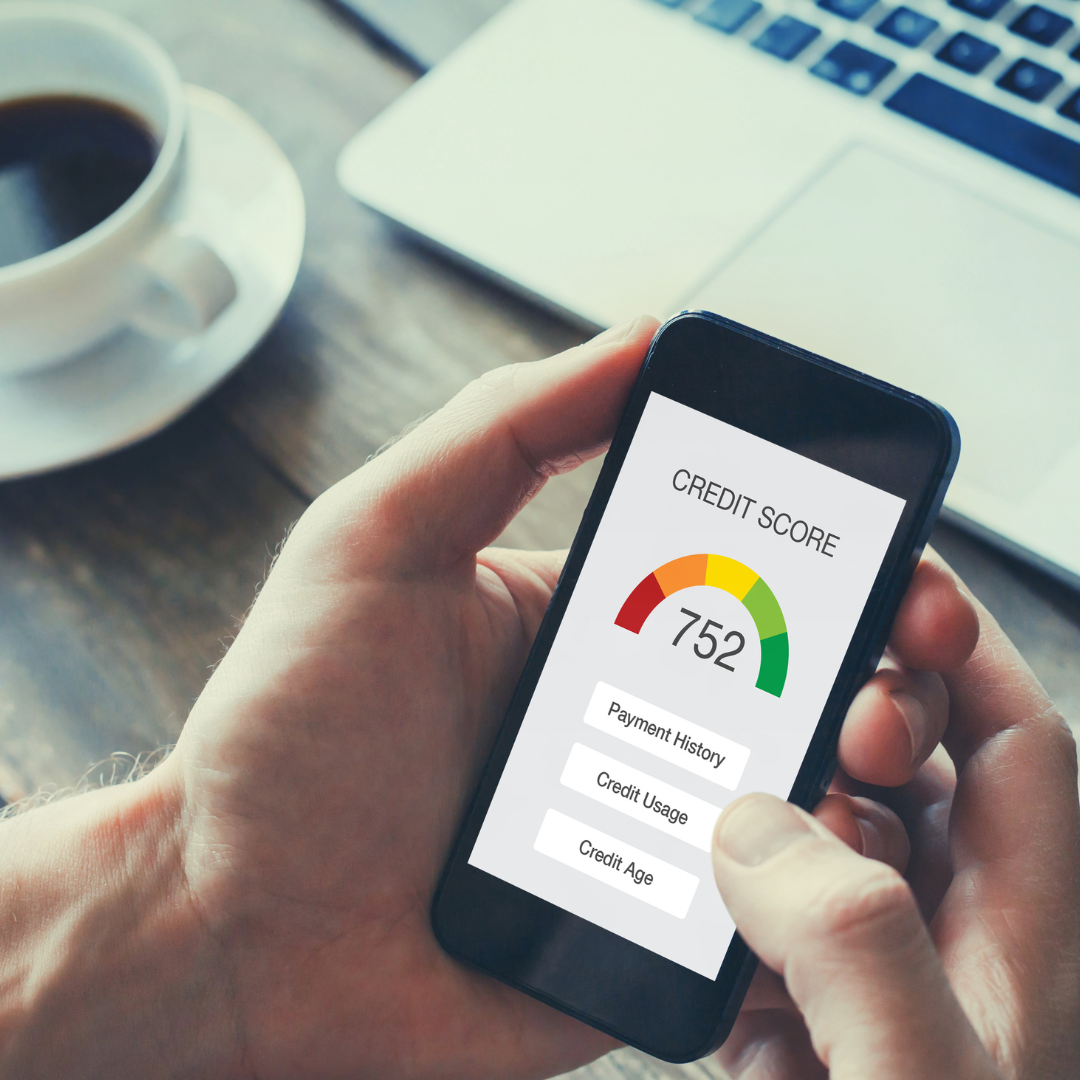You’ve been dreaming about buying a home, scrolling through listings, picturing your perfect space, maybe even mentally arranging the furniture. But then reality hits: you’ve got some debt, and you’ll also need a down payment.
Which should come first?
It’s one of the most common questions we hear from homebuyers, and the truth is… there’s no one-size-fits-all answer. Let’s break it down so you can make a decision that feels right for both your finances and your peace of mind.
A Quick Rule of Thumb
- High-interest debt?
Pay it down first.
- Low-interest, manageable debt?
Focus on your down payment.
- Somewhere in between? A balanced approach might be your best friend.
Paying Off Debt First
Pros:
- Boosts your credit score
– Lower debt can improve your credit, which helps you qualify for a mortgage and potentially lock in a better interest rate.
- Increases monthly cash flow
– Fewer payments mean more breathing room for your mortgage, savings, and other expenses.
- Reduces financial stress
– Having less debt can make the homebuying process feel more exciting and less overwhelming.
Cons:
- Slows your down payment savings
– Extra payments toward debt may delay reaching your savings goal.
- Possible missed market opportunities
– If home prices or interest rates rise while you’re focused on debt, you could end up paying more in the long run.
Example:
Alex has $12,000 in credit card debt at 19% interest. By paying it off quickly, they’ll save thousands in interest and likely see their credit score jump, which could mean a lower mortgage rate later.
Saving for a Down Payment First
Pros:
- Gets you into a home sooner
– If you’re eager to buy, prioritizing savings can get you to the closing table faster.
- Builds home equity
– Once you own, your monthly payments build your asset instead of paying rent.
- May avoid PMI
– A 20% down payment can help you skip private mortgage insurance, saving you money over time.
Cons:
- Debt still affects your approval – Even with a healthy down payment, high debt can limit loan options or raise your rate.
- Higher monthly obligations
– Debt plus a new mortgage can stretch your budget thin.
Example:
Taylor has a low-interest car loan but wants to buy before prices rise further. By focusing on saving for the down payment, they can secure a home now and tackle the remaining debt afterward.
Balancing Both Goals
You don’t always have to choose one path. A blended strategy can work well:
- Know your numbers
– Review your credit score, monthly budget, and target down payment amount.
- Tackle high-interest debt first
– Focus on credit cards and personal loans while still setting aside some savings.
- Use windfalls wisely
– Tax refunds, bonuses, or side gig income can be split between debt payoff and down payment savings.
- Leverage loan programs
– Some mortgages require as little as 3% down, allowing you to keep making debt progress.
- Talk to a lender early
– Even if you’re a year away from buying, a mortgage pro can help you map out the smartest balance.
What Not to Do
- Empty your savings to pay off debt, leaving no emergency cushion.
- Delay homebuying indefinitely if the market is moving faster than your payoff plan.
- Ignore easy wins like refinancing or consolidating high-interest debt before you start saving.
The Bottom Line
Numbers matter, but so does peace of mind. If carrying debt keeps you up at night, paying it down might be the right move for you, even if the math suggests otherwise. If you’re comfortable with your debt and the market’s heating up, getting into a home sooner might make more sense.
At DNVR Lending, we look at the full picture, your goals, your budget, and the market, to help you create a plan that works for you. Whether you’re aiming to pay off debt, save for a down payment, or balance both, we’ll guide you every step of the way.
